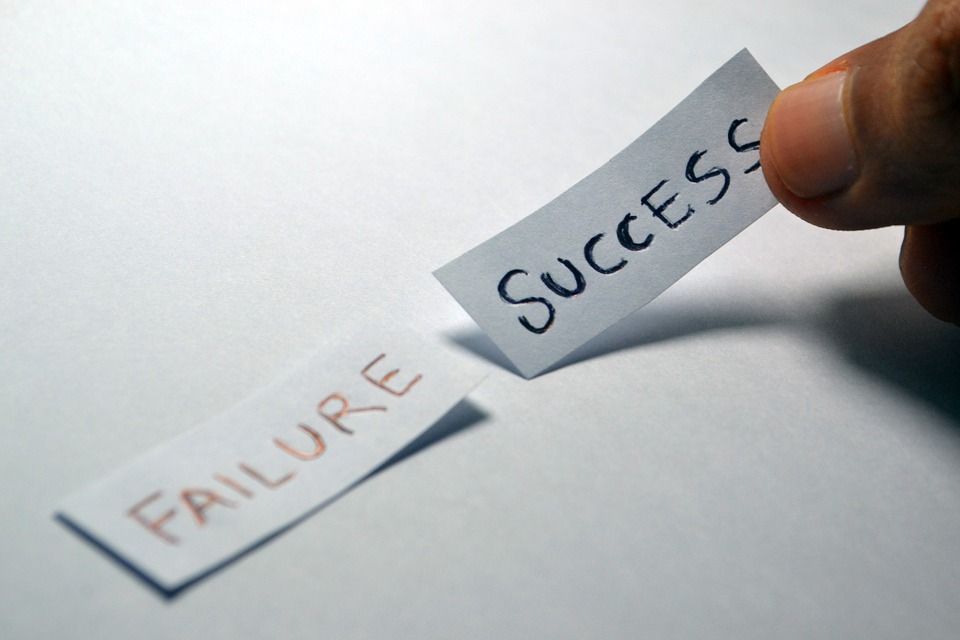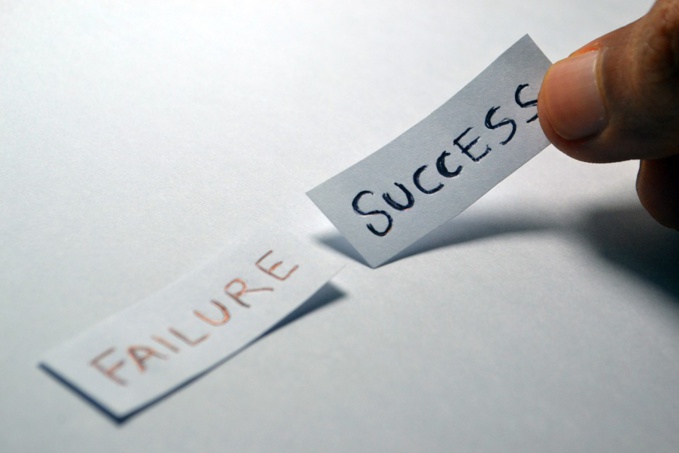Distract yourself in stressful situations
Humming a favorite motive or even peering at a red sock on a golf shoe, just like outstanding golfer Jack Nicklaus did, helps prevent your prefrontal cortex from concentrating on movements and actions that should be performed automatically.
Do it right away
Do not spend too much time over thinking and controlling trickish movements and actions, such as punching penalties in basketball. Just act.
Make your exercise stressful
Training in stress conditions close to a real situation is extremely important for an athlete to get used to the constant presence of stress. Accustom yourself to external pressure, and atmosphere of a real competition will not scare you. Having well understood nature and causes of stress in sports, you can create uncomfortable and stressful situations for your rivals.
Do not focus on failures
Carefully study your last speech and try to perfect the text, intonation and other important factors. Use your failures to learn to perform better in the future.
Focus on the result, not on the technique
If you are focused on reaching the goal and throwing the ball into the basket in a basketball game, your motor reflexes become programmed to unerringly execute the throw.
Find the word that you associate with the end result
Finding and repeating a single word (such as a mantra in Buddhism) that you associate with the ultimate goal of the action (for example, softness when doing golf strikes) will help you focus on the end result, not on single elements.
Focus on the positive aspects
Don't let helplessness overcome you. If you focus only on negative aspects, you can lose control over the situation and chuck away your ability to work hard to achieve future goals. Do not be afraid to use new sports techniques (for example, holding golf clubs). Replacing old inefficient techniques with old ones can reprogram your brain and eliminate soft spots in your motor skills.
"Failure has consequences for our development as an integral personality. It can initiate transition from seeking short-term happiness to long-term happiness. Suppose you become bankrupt. You have experienced a major blow on "work and well-being" areas. However, immune system of our psyche has a strategy in the event of such a defeat. According to Robert Emmons, our life has four basic dimensions: achievements, community, spirituality and heritage. When one of the four dimensions fails - for example, achievements - the other three become stronger."
"And that's why once a lone wolf, bulletproof and punchy like a bowling ball, a man now is forced to throw old life overboard and start building a new relationship with life. He is guided by the concept of the "supreme goal". And, surprisingly, he begins to perceive the new life as a step forward. The failure, then, leads to happiness. Heidt writes: "London and Chicago took advantage of an opportunity, given to them by huge fires, to turn into larger and more convenient cities. People also sometimes use similar opportunities, remarkably rebuilding those parts of their lives that they would never voluntarily give up."
Sian Beilock, 'Choke: What the Secrets of the Brain Reveal About Getting It Right When You Have To'
Bruce Grierson, 'Weathering the Storm'
Humming a favorite motive or even peering at a red sock on a golf shoe, just like outstanding golfer Jack Nicklaus did, helps prevent your prefrontal cortex from concentrating on movements and actions that should be performed automatically.
Do it right away
Do not spend too much time over thinking and controlling trickish movements and actions, such as punching penalties in basketball. Just act.
Make your exercise stressful
Training in stress conditions close to a real situation is extremely important for an athlete to get used to the constant presence of stress. Accustom yourself to external pressure, and atmosphere of a real competition will not scare you. Having well understood nature and causes of stress in sports, you can create uncomfortable and stressful situations for your rivals.
Do not focus on failures
Carefully study your last speech and try to perfect the text, intonation and other important factors. Use your failures to learn to perform better in the future.
Focus on the result, not on the technique
If you are focused on reaching the goal and throwing the ball into the basket in a basketball game, your motor reflexes become programmed to unerringly execute the throw.
Find the word that you associate with the end result
Finding and repeating a single word (such as a mantra in Buddhism) that you associate with the ultimate goal of the action (for example, softness when doing golf strikes) will help you focus on the end result, not on single elements.
Focus on the positive aspects
Don't let helplessness overcome you. If you focus only on negative aspects, you can lose control over the situation and chuck away your ability to work hard to achieve future goals. Do not be afraid to use new sports techniques (for example, holding golf clubs). Replacing old inefficient techniques with old ones can reprogram your brain and eliminate soft spots in your motor skills.
"Failure has consequences for our development as an integral personality. It can initiate transition from seeking short-term happiness to long-term happiness. Suppose you become bankrupt. You have experienced a major blow on "work and well-being" areas. However, immune system of our psyche has a strategy in the event of such a defeat. According to Robert Emmons, our life has four basic dimensions: achievements, community, spirituality and heritage. When one of the four dimensions fails - for example, achievements - the other three become stronger."
"And that's why once a lone wolf, bulletproof and punchy like a bowling ball, a man now is forced to throw old life overboard and start building a new relationship with life. He is guided by the concept of the "supreme goal". And, surprisingly, he begins to perceive the new life as a step forward. The failure, then, leads to happiness. Heidt writes: "London and Chicago took advantage of an opportunity, given to them by huge fires, to turn into larger and more convenient cities. People also sometimes use similar opportunities, remarkably rebuilding those parts of their lives that they would never voluntarily give up."
Sian Beilock, 'Choke: What the Secrets of the Brain Reveal About Getting It Right When You Have To'
Bruce Grierson, 'Weathering the Storm'



















